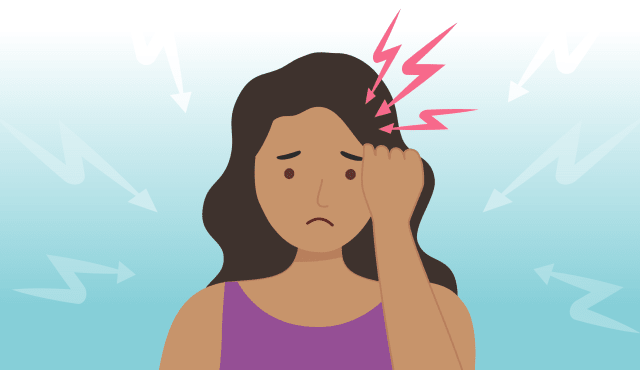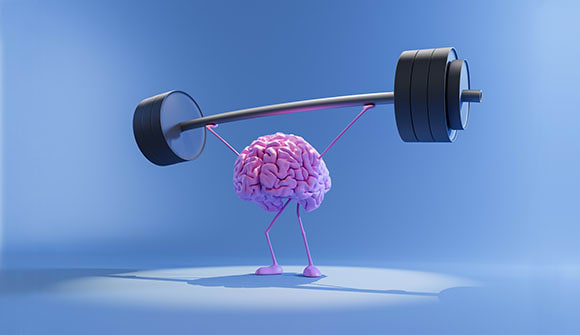Nurse who cares for stroke patients has one herself
Linda Shriner recognized her symptoms early, allowing doctors to use a new device to close the hole in her heart.
Article Date:

Working as a nurse on the neuro critical care unit at Baptist Medical Center Jacksonville, Linda Shriner knew the symptoms of stroke well. So she knew something was wrong last November when she started slurring her words while talking with a patient.
“I went to talk to a patient and the words I wanted to say were not coming out of my mouth correctly,” Shriner said. “I went back to the nurse’s station and sat down. I started getting a headache on the left side and my vision was blurry.”
The symptoms subsided, but the 51-year-old went to the emergency room to follow up. She was admitted to the hospital for several scans and tests. Doctors discovered she had a hole in her heart that may have led to a transient ischemic attack, or TIA, also known as a mini-stroke.
The hole in Shriner’s heart is known as a Patent Foramen Ovale, or PFO. Everyone is born with this small hole between the upper chambers of the heart, which typically closes soon after birth.
But in one in four cases, the hole remains open. Not everyone has adverse health effects, but the larger the hole, the more likely the complications. And if there is blood moving from the right atrium to the left through the hole (without getting filtered in the lungs) that contains a blood clot, it could travel to the brain and cause a stroke.
Shriner was referred to Ruby Satpathy, MD, interventional cardiologist at Baptist Heart Specialists and the first in northeast Florida to treat the problem with a new FDA approved device called the Amplatzer ™ PFO Occluder. Dr. Satpathy threads the self-expandable, double disc device through a catheter via the groin up to the heart, then slowly expands it through the hole. The two discs then cover the hole.
“It’s important to close the hole in appropriately selective patients (especially young patients with large holes) to keep strokes from recurring. I run screening tests to make sure the patient doesn’t have any other reasons for their stroke,” said Dr. Satpathy, who is director of Baptist Health’s Structural Heart program.
Shriner, who has worked as a nurse at Baptist Health for 15 years, was grateful the hole was detected and closed. All she could think about until her procedure was having another larger stroke and not surviving or being partially disabled.
She rotates working as nurse at various Baptist Health hospitals but had spent most of the previous eight months on the neuro critical care unit at Baptist Jacksonville.
“I could have been debilitated and never able to function again,” Shriner said. “I think if I didn’t have any kind of experience in nursing, I would have never known what was happening and would have ignored the symptoms.”
Dr. Satpathy agreed. Shriner’s experience as a nurse was an advantage to seek help sooner rather than later as well as working with people who also knew the warning signs, she said.
Over the years, Shriner said she’s had echocardiograms and stress tests, but the hole never showed up until a specialized test that looked into her heart was performed.
“I’ve always been short of breath growing up if I ran down the driveway, but I thought everybody was like that,” said Shriner, of Green Cove Springs, who with her husband has three grown children and five grandchildren.
“I feel great now. I’m so thankful that I will be able to participate in my children and grandchildren’s lives without fear that a stroke could end it at any moment. Hopefully, this [procedure] will help other people.”



